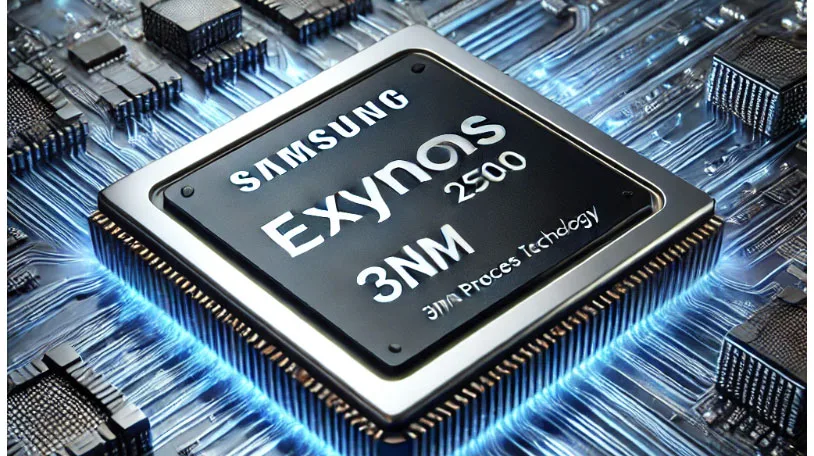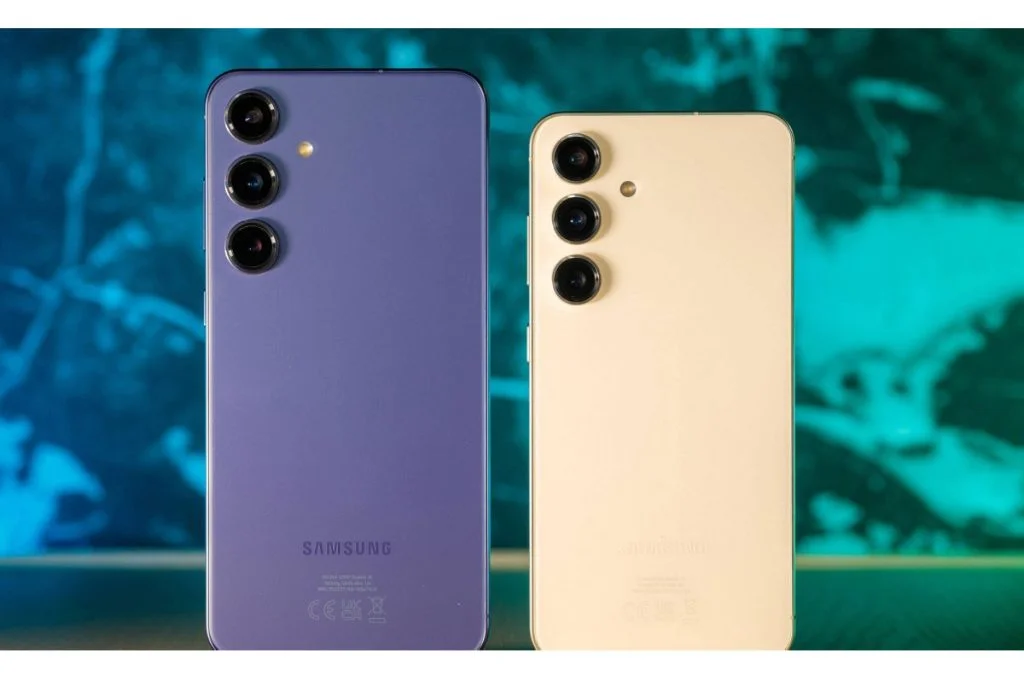Reports suggest the South Korean tech giant is facing challenges with the production of its latest chipset, the Exynos 2500. The Exynos 2500 was expected to power a significant portion of Samsung’s upcoming Samsung Galaxy S25 flagship devices, but due to production issues, there is growing speculation that Samsung may switch to using Qualcomm’s Snapdragon processors for all Samsung Galaxy S25 units including Galaxy S25 Plus and Galaxy S25 Ultra devices. This shift could mark a significant change in Samsung’s long-standing tradition of using a mix of Exynos and Snapdragon chips, depending on the market.
Samsung Galaxy S25 Exynos 2500 Chip Production Challenging
The Exynos 2500 was set to be Samsung’s cutting-edge processor, developed using the company’s advanced 3nm process technology. Samsung has been pushing its semiconductor division to compete with Qualcomm and other major chip manufacturers by producing high-performance chips that could rival those made by its competitors. The Exynos 2500 was expected to offer improvements in energy efficiency, artificial intelligence (AI) processing, and graphics performance, all while maintaining superior battery life.

However, reports suggest that Samsung is currently experiencing poor yield rates with the Exynos 2500, particularly in its 3nm production process. Yield rates refer to the percentage of chips produced that meet quality standards, and low yields can severely impact both production costs and timelines. According to a report by SamMobile, these low yields have raised concerns about whether Samsung will be able to meet its production targets for the Samsung Galaxy S25 series which includes Galaxy S25 Plus and Galaxy S25 Ultra devices in time for its expected early 2025 release.
Struggles with 3nm Process Technology
The 3nm process technology is one of the most advanced in the semiconductor industry, allowing manufacturers to pack more transistors into a smaller area. This results in improved performance and energy efficiency. However, the complexity of producing chips at such a small scale means that even minor errors during production can lead to a high number of defective chips.
For Samsung, these production challenges with the Exynos 2500 are particularly concerning, as the company had hoped to showcase its 3nm technology as a competitor to TSMC, the world’s largest semiconductor manufacturer. TSMC has been producing 3nm chips for companies like Apple, which uses them in its latest iPhone models. Samsung’s difficulties with the Exynos 2500 could weaken its position in the semiconductor market, as it risks falling behind its competitors in the race for more advanced chip technology.
The Snapdragon Alternative
Given the ongoing production issues with the Exynos 2500, there are reports that Samsung may rely entirely on Qualcomm’s Snapdragon processors for the Samsung Galaxy S25 series. This would be a significant departure from Samsung’s usual practice of using both Exynos and Snapdragon chips. Typically, Samsung’s flagship phones sold in markets like the United States and China are powered by Snapdragon processors, while those sold in Europe and other regions use Exynos chips. However, in the past, Exynos chips have often lagged behind Snapdragon processors in terms of performance, particularly in graphics-intensive tasks like gaming.
The possibility of an all-Snapdragon Samsung Galaxy S25 series including Galaxy S25 Plus and S25 Ultra handsets would not be without precedent. Earlier this year, Samsung released its Galaxy S23 series exclusively with Qualcomm’s Snapdragon 8 Gen 2 processors, after receiving positive feedback on the performance of the chip in global markets. This move was seen as a response to the growing criticism of the Exynos chips in previous generations of Samsung smartphones.

Samsung S25 Ultra
Consumer Impact
If Samsung does opt to use Snapdragon processors for all Samsung Galaxy S25 models, it could be a win for consumers, especially those in markets that previously received Exynos-powered devices. Snapdragon processors are known for their superior performance, particularly in terms of power efficiency and graphics capabilities. For example, Snapdragon chips typically handle gaming, multitasking, and AI-driven tasks better than Exynos processors. This could mean that Galaxy S25 buyers, regardless of region, will enjoy a more consistent and optimized user experience.
Furthermore, Qualcomm’s Snapdragon processors have a strong reputation for supporting advanced 5G connectivity, which is becoming increasingly important as 5G networks continue to expand worldwide. By exclusively using Snapdragon chips, Samsung could ensure that the Galaxy S25 series delivers top-tier 5G performance across all regions.
Samsung’s Future with Exynos
Despite the current struggles with the Exynos 2500, Samsung is unlikely to abandon its in-house chip development altogether. The company has invested heavily in its semiconductor division and is committed to becoming a leader in the chip manufacturing industry. However, the production issues with the Exynos 2500 could force Samsung to reconsider its timelines and approach for future Exynos chips.
There is also speculation that Samsung could partner more closely with external chip manufacturers like Qualcomm or even other semiconductor firms, to address its production challenges. Alternatively, Samsung may continue refining its 3nm process technology in the hopes of improving yield rates in time for future smartphone models, possibly beyond the Galaxy S25 series.

Conclusion
The reports of Samsung’s struggles with Exynos 2500 production raise important questions about the future of the company’s flagship smartphones. If the production issues cannot be resolved, Samsung may be forced to rely entirely on Qualcomm’s Snapdragon processors for the Galaxy S25 series including the Galaxy S25 Plus and Galaxy S25 Ultra. While this could disappoint fans of the Exynos line, it may ultimately lead to a better and more consistent experience for consumers across all markets.
As we approach the Galaxy S25’s expected release in early 2025, it will be interesting to see whether Samsung can overcome its current production challenges or if the company will shift its focus to Qualcomm for its next-generation flagship devices. Regardless of the outcome, the Galaxy S25 is shaping up to be a significant release, and the choice of processor will undoubtedly play a key role in its success.
Arthur is a senior member of the communications team who has worked at several well-known companies over the past 10 years. As a writer with many years of experience in the technology sector, focusing on reviewing mobile phones and accessories, he has written about many products or has been hands-on with them at some point




